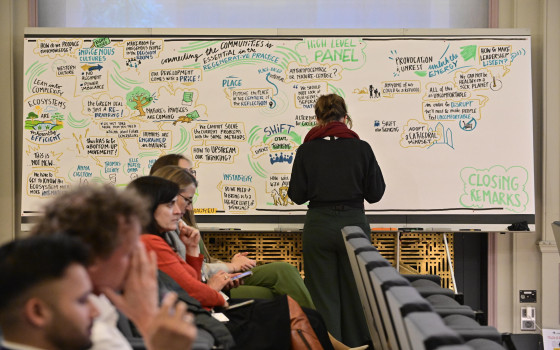
High-level Brussels conference on the critical role of nature and biodiversity in building a sustainable future under the title “Giving back to nature more than we take from it”

- Europe and Arabs
- Saturday , 13 April 2024 10:59 AM GMT
Brussels: Europe and the Arabs
As part of the Belgian Presidency of the Council of the European Union, the Federal Public Service for Public Health, Food Chain Safety and the Environment organized a high-level event on the crucial role of nature and biodiversity in building a sustainable future. The event, which was held in Brussels the day before yesterday (Thursday), under the title “Renewable Development for Transformative Change”, was organized around a central message: “Giving back to nature more than we take from it.”
Belgian presidential ambition
According to a statement from the current rotating Belgian Presidency of the Union, a copy of which we received, “The event built on the EU Biodiversity Strategy 2030 principle of restoring nature, and went further to explore practical applications of regenerative development for transformative change. Throughout the day, the presidential event explored Ways in which the concept of “regenerative development” can respond to the challenges we face in relation to biodiversity loss and planetary sustainability. To do this, it is the ambition of the Belgian Presidency to highlight the potential of this new concept so that it can be taken into account when formulating and implementing environmental policies and initiatives. European, national and local levels.
Thinking differently about our relationship with nature
The concept of regenerative development goes beyond the simple issue of sustainability, because it also encourages us to reconsider our relationship with nature. Renewable development emphasizes the importance of changing our thinking. Adopting the living systems approach. This new thinking calls on us to take an active role in maintaining and improving the health of the planet – for people and nature alike. He recognizes that solutions cannot be imposed globally, but must instead emerge from a deep understanding of local ecosystems and cultures. Regenerative development paints a vision of cities and communities bursting with environmental vitality, drawing on the limitless potential of all life rather than thinking about solving problems.
Presidency priorities from a renewable development perspective
By bringing together speakers and participants from across the EU Member States and institutions – representatives of governments, academia, civil society and the private sector – the conference explored how integrating a renewable development approach into strategies and initiatives can provide a new perspective for achieving biodiversity and environmental goals. .
Ms. Sandrine Dixon-Decliffe, Co-President of the Club of Rome and CEO of Earth4All, kicked off the discussion by noting that the complex challenges we face today require the adoption of a new financial and economic architecture that embraces regenerative development and the well-being of people and planet at the same time. Dr. Lin’s presentation was Jorissen, founder of Centre4NI, serves as a red thread for thinking about the concept of regenerative development as a transformative tool to address current challenges such as those caused by biodiversity loss. The expert panels and roundtable discussions addressed different aspects of renewable development, approaching them from the angle of the Presidency's environmental priorities of just transition, circular economy, adaptation and resilience, as well as nature positivity as a key concept in the European Union and modern international biodiversity. agenda.
“The Belgian presidency wants to contribute to the recovery and prosperity of nature,” said Pierre Kerkhofs, from the Federal Public Service for Public Health, Food Chain Safety and the Environment. “Healthy, diverse ecosystems are responsible for the air we breathe, the food we eat,” he added, “and the natural places we visit to nurture our bodies and minds.” Restoring and reimagining our relationship with nature are central and pressing challenges for the coming decades. "
Key insights for European politics
Going forward, it is important to translate discussions into implementable policies and initiatives at local, national and European levels, to strengthen cooperation between governments, business, academia and civil society to advance renewable agendas. Education and capacity-building to enable individuals and communities to embrace the principles of renewal also play a crucial role.
A report by FPS Health with a research study on regenerative development will be published in the coming weeks. The report will be accompanied by key insights from the Conference to provide guidance on the concept of renewable development, so that it can be fully taken into account when formulating EU policy. This change in vision of our relationship with nature can benefit the strategies, programs and plans of European institutions.


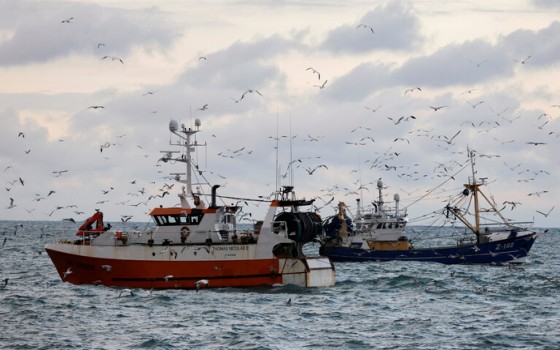

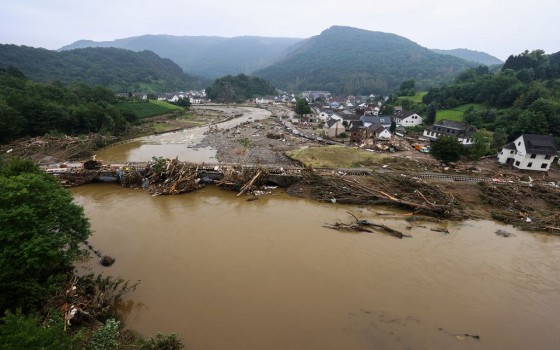
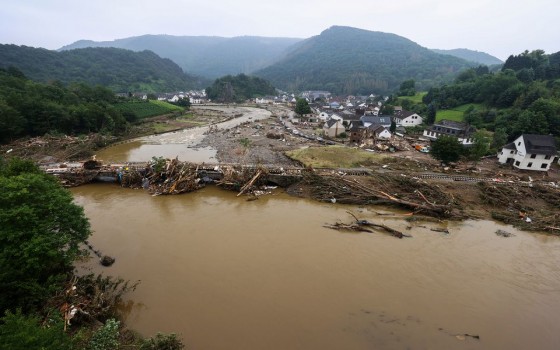


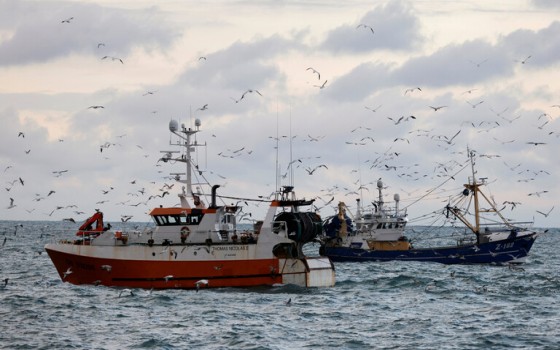



No Comments Found